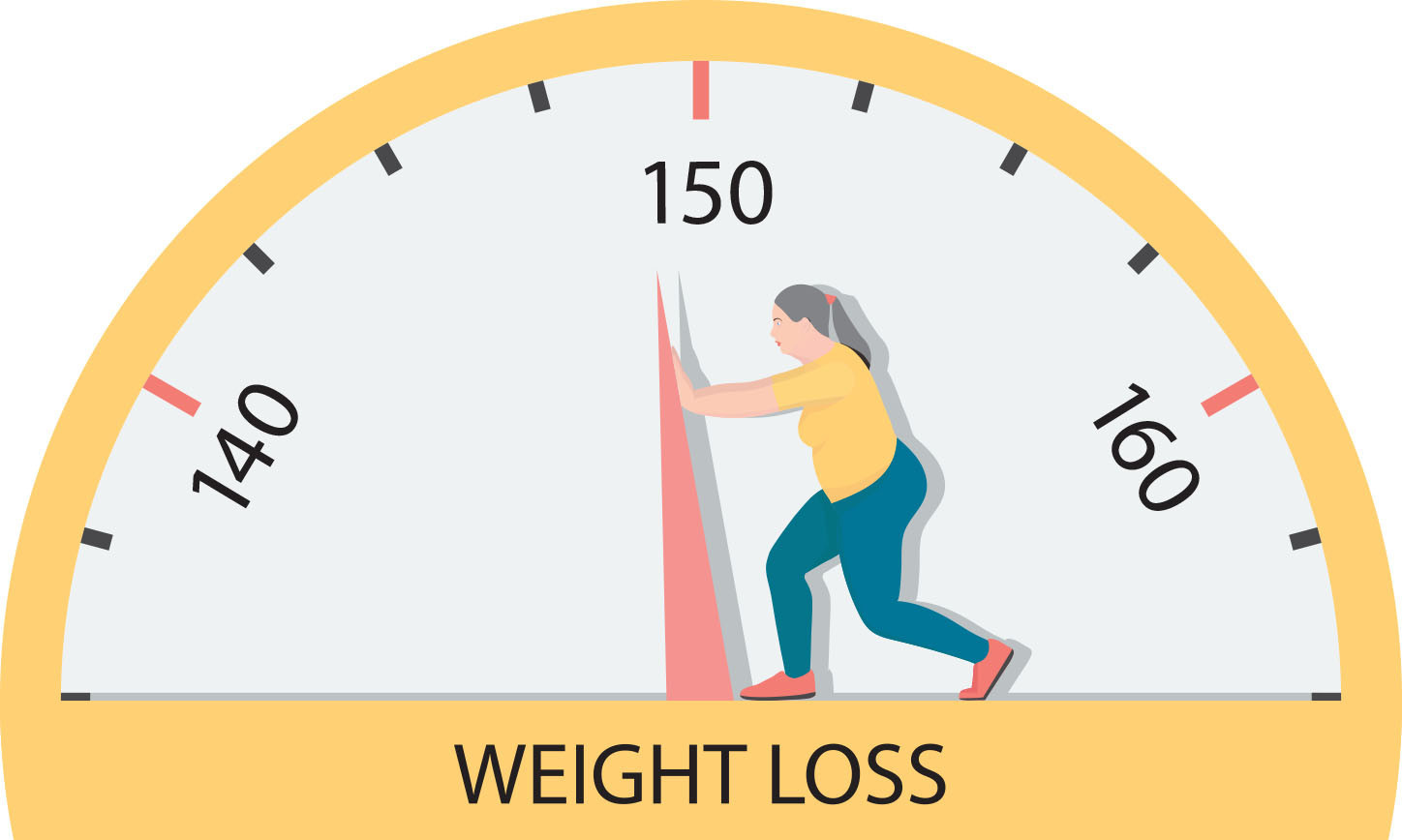Losing weight is a common goal for many, yet it often feels daunting and challenging. With countless diets, workout regimens, and weight loss myths circulating, it’s essential to focus on sustainable and healthy approaches. This article explores effective strategies for losing weight, emphasizing the importance of a balanced diet, regular exercise, and lifestyle changes that promote long-term success.
Understanding Weight Loss: Calories In vs. Calories Out
At its core, weight loss is about creating a calorie deficit, which means burning more calories than you consume. This fundamental principle can be achieved through a combination of dietary changes and increased physical activity. However, it’s important to approach weight loss with a balanced mindset, focusing not only on the quantity of calories but also on the quality of the foods you eat.

Adopting a Balanced Diet
A balanced diet is crucial for weight loss and overall health. Here are some key dietary strategies:
- Eat Whole Foods: Prioritize whole, unprocessed foods such as fruits, vegetables, lean proteins, whole grains, and healthy fats. These foods are nutrient-dense, keeping you fuller for longer and providing essential vitamins and minerals.
- Portion Control: Be mindful of portion sizes to avoid overeating. Using smaller plates, measuring servings, and paying attention to hunger cues can help manage portion sizes effectively.
- Stay Hydrated: Drinking plenty of water is essential for metabolism and can help control appetite. Sometimes, thirst is mistaken for hunger, leading to unnecessary snacking.
- Reduce Added Sugars and Refined Carbs: Limiting foods high in added sugars and refined carbohydrates, such as sugary snacks, sodas, and white bread, can prevent spikes in blood sugar levels and reduce cravings.
- Include Protein and Fiber: Protein and fiber are essential for satiety. Incorporate lean proteins like chicken, fish, and legumes, and fiber-rich foods like vegetables, fruits, and whole grains into your meals.


Incorporating Regular Exercise
Exercise plays a vital role in weight loss by helping to create a calorie deficit and building muscle mass, which can boost metabolism. Here are some effective exercise strategies:
- Cardiovascular Exercise: Activities like walking, running, cycling, and swimming increase your heart rate and burn calories. Aim for at least 150 minutes of moderate-intensity or 75 minutes of high-intensity cardio each week.
- Strength Training: Incorporating resistance exercises such as weight lifting, bodyweight exercises, or resistance band workouts helps build muscle. Muscle tissue burns more calories at rest, aiding in weight loss.
- Mix It Up: Vary your workouts to prevent boredom and target different muscle groups. Combining cardio, strength training, and flexibility exercises can provide a well-rounded fitness routine.
- Stay Active Throughout the Day: Small changes like taking the stairs, walking during breaks, or doing household chores can increase your overall daily activity levels.


Making Sustainable Lifestyle Changes
Sustainable weight loss requires long-term changes rather than quick fixes. Here are some tips for creating lasting habits:
- Set Realistic Goals: Establish achievable, specific, and measurable weight loss goals. Instead of focusing solely on the number on the scale, consider other indicators of progress, such as improved energy levels or fitness milestones.
- Create a Support System: Surround yourself with supportive friends, family, or join a weight loss group. Having a support network can provide motivation, accountability, and encouragement.
- Manage Stress: Chronic stress can lead to overeating and weight gain. Incorporate stress-reducing activities such as meditation, yoga, or hobbies you enjoy to maintain emotional well-being.
- Get Enough Sleep: Aim for 7-9 hours of quality sleep each night. Poor sleep can disrupt hormones that regulate hunger and appetite, making weight loss more difficult.
- Track Your Progress: Keep a journal or use apps to track your food intake, exercise, and progress. Monitoring your journey can help you stay focused and make necessary adjustments.

Conclusion
Losing weight is a multifaceted journey that involves more than just diet and exercise. By adopting a balanced diet, incorporating regular physical activity, and making sustainable lifestyle changes, you can achieve lasting weight loss and improved overall health. Remember, the key to successful weight loss is consistency and patience. Embrace the process, celebrate small victories, and focus on creating a healthier, happier you.















Leave a comment